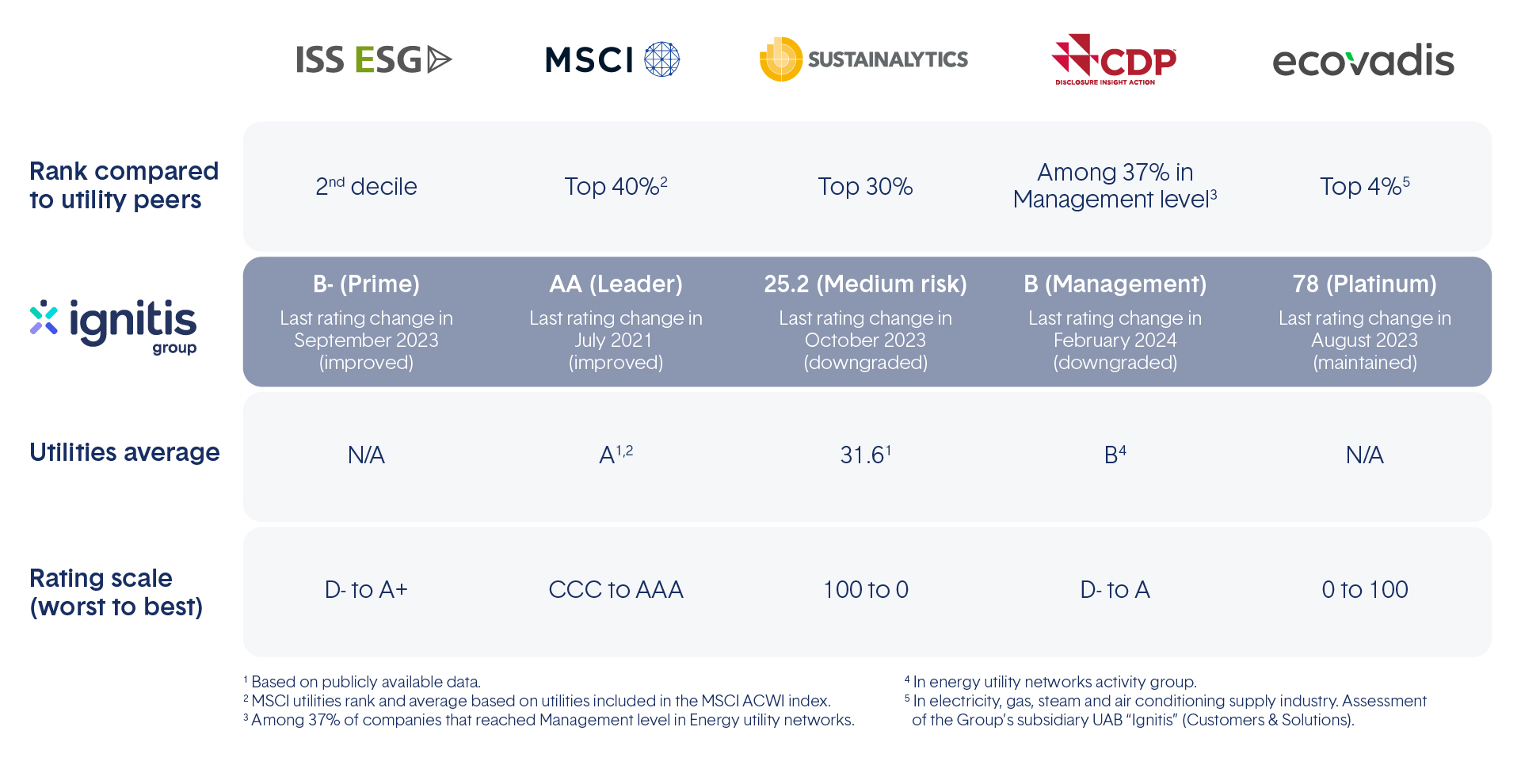Sustainability performance and reporting
Monitoring of relevant indicators and open communication of progress are integral to sustainability activities. We aim to provide a detailed information on the implementation of our sustainability activities and we follow international requirements and standards in preparing public reports.
In pursuing its long-term strategy, Ignitis Group emphasizes the importance of the decarbonization of the energy sector, the modernization of the energy system, the expansion of renewable energy, the development of innovative solutions and sustainable growth while adhering to the principles of environmental protection, social responsibility and good corporate governance.
The non-financial performance of Ignitis Group in the area of Environment, Social and Corporate Governance (ESG) has been comprehensively assessed by ESG rating agencies.
2023 Sustainability Report
We maintain a culture of transparency and openness, collaborate with stakeholders, share information about our sustainability activities, monitor our progress and strive for improvement. Read our latest sustainability report here:
2023 Sustainability Report (Integrated Annual Report, starts at page 163)
Sustainability reports
Here you can also view and study our historical sustainability progress towards the implementation of the highest principles of environmental protection, social responsibility and good corporate governance (ESG) in our reports and sets of indicators.
2023
2023 report (Integrated Annual Report, starts at page 163)
2023 GHG inventory report and verification statement
The report of the alignment with the EU Taxonomy Regulation 2023
2022
2022 report (integrated into the Annual Report, starts at page 146)
The report of the alignment with the EU Taxonomy Regulation 2022
2021
2021 report (integrated into the Annual Report, starts at page 133)
2020
2020 report (integrated into the Annual Report, starts at page 89)
Nasdaq ESG Reporting Guide indicators 2020
2018
2017
ESG ratings
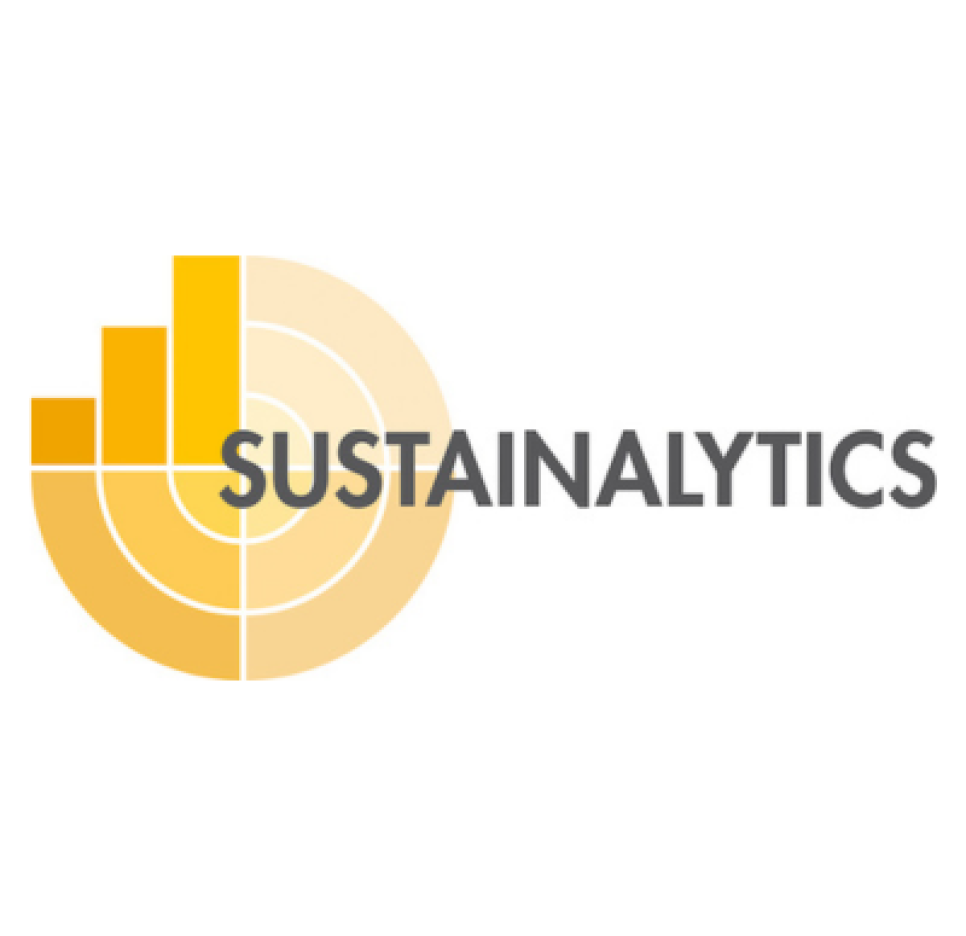
„Sustainalytics“
The ESG performance of Ignitis Group has been comprehensively assessed by Sustainalytics, a leading independent provider of ESG and corporate governance ratings, research and analysis. Sustainalytics ESG Risk Rating helps to identify and understand the financial material ESG issues that can affect organization’s long-term performance. The rating scores the ESG performance from negligible (0-10) to severe risk (40+).
In 2023, it has placed the Group in the low ESG risk category. The total score of 19.9 places Ignitis Group in the top 12th percentile of the best performers in its industry group.
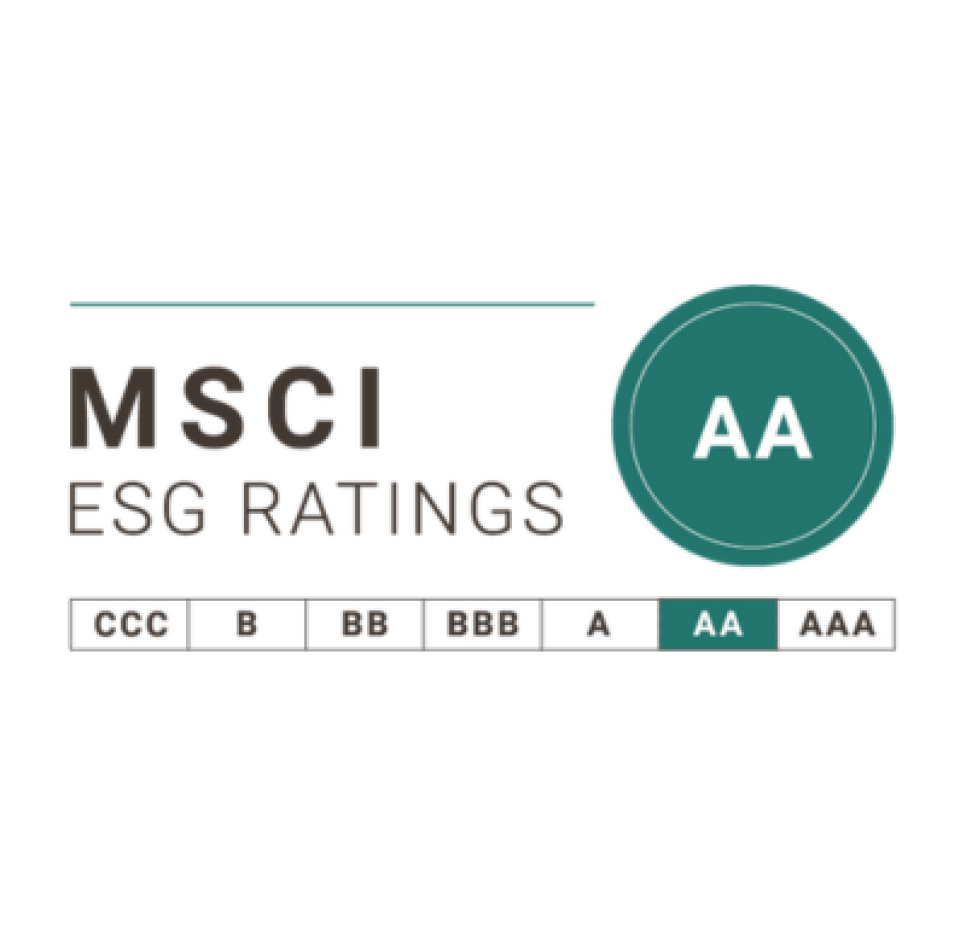
MSCI ESG Rating
In 2023, Ignitis Group received a rating of AA (leader) (on a scale of AAA-CCC, where AAA is the best evaluation) in the MSCI ESG Ratings assessment. MSCI ESG Rating aims to measure a company’s management of financially relevant ESG risks and opportunities.
DISCLAIMER STATEMENT. The use by Ignitis Group of any MSCI ESG RESEARCH LLC or its affiliates (“MSCI”) data, and the use of MSCI logos, trademarks, service marks or index names herein, do not constitute a sponsorship, endorsement, recommendation, or promotion of Ignitis Group by MSCI. MSCI services and data are the property of MSCI or its information providers, and are provided ‘as-is’ and without warranty. MSCI names and logos are trademarks or service marks of MSCI.
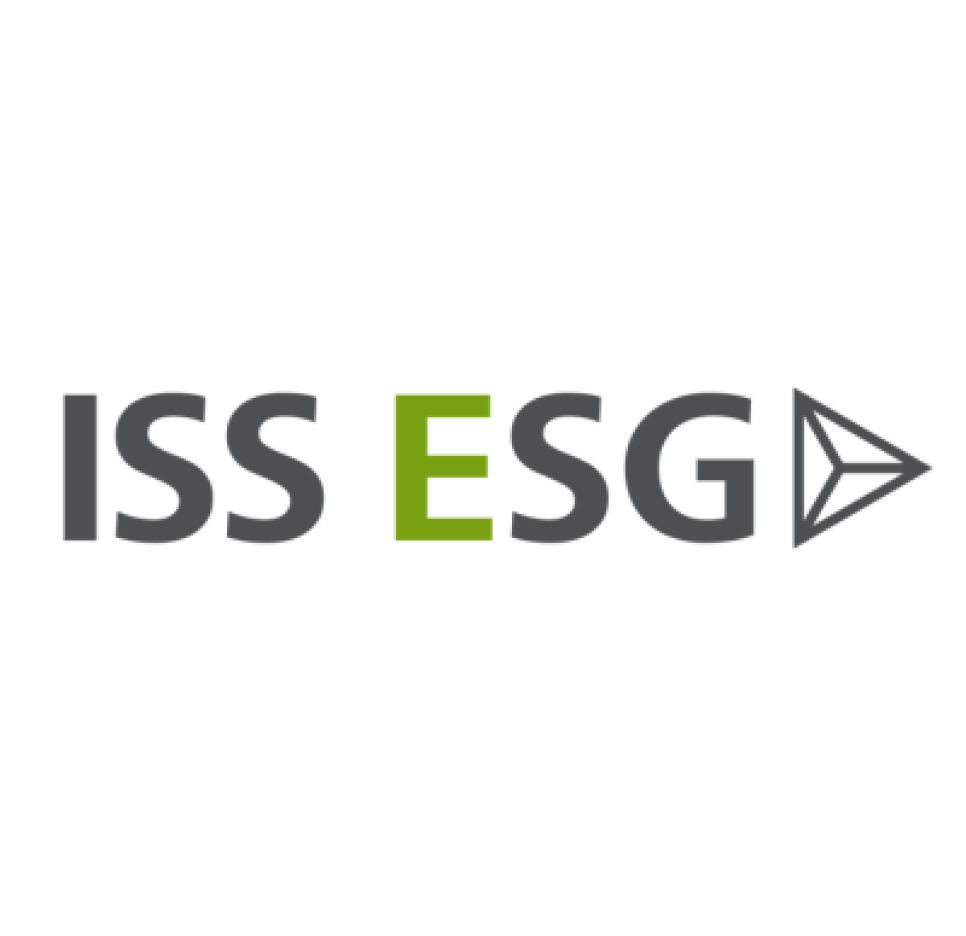
ISS ESG Corporate Rating
ISS ESG Corporate Rating provides highly relevant, material and forward looking environmental, social and governance data and performance assessments. Companies are rated, from ‘D-‘ (poor) to ‘A+’ (excellent), on their sustainability performance on an absolute best-in-class basis. In 2023, the Group received a rating of B- (Prime).
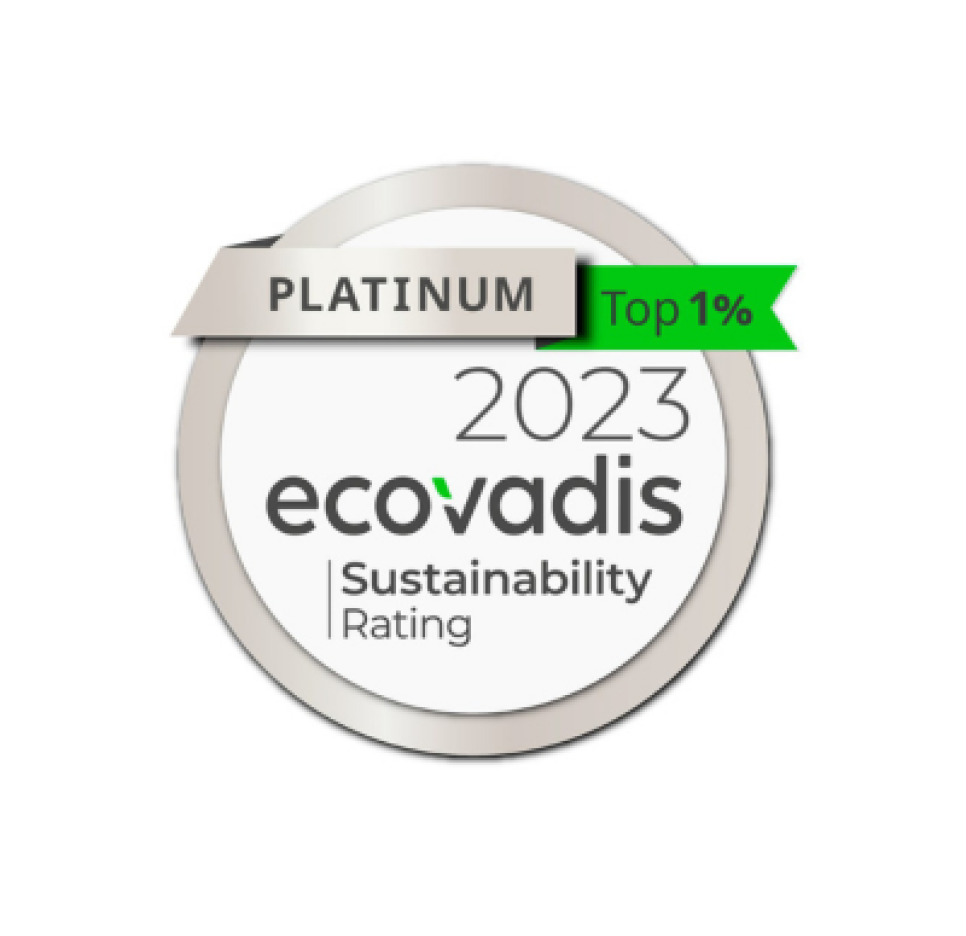
EcoVadis Rating
In July 2023, our sustainability practices in the Customers and Solutions segment were recognized with a platinum medal by EcoVadis, a rating platform that focuses on supply chain sustainability. Our subsidiary Ignitis falls among the top 1% of all companies assessed by EcoVadis and among the top 3% of companies within the energy supply industry.
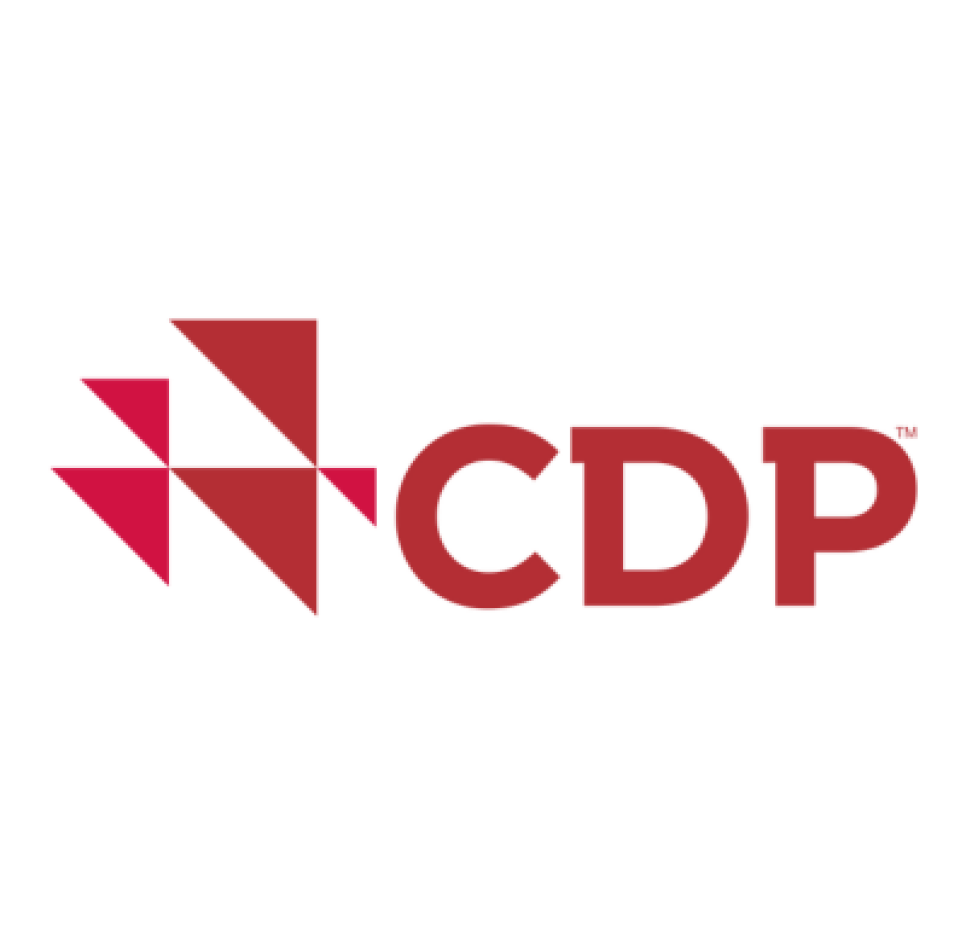
CDP climate change score
Leading independent environmental disclosure organization CDP has assessed the actions of Ignitis Group in mitigating and adapting to the climate change. In 2022, the Group is rated ‘A-’ (on a scale from ‘D-’ to ‘A’, where ‘A’ is the top score). In 2021, the Group was rated ‘B’. CDP evaluated the integration of climate issues into Group’s strategic planning and risk assessment, and analyzed emission reduction targets, actions, and planned investments.
In 2022, CDP assessed a total of almost 15,000 companies globally.
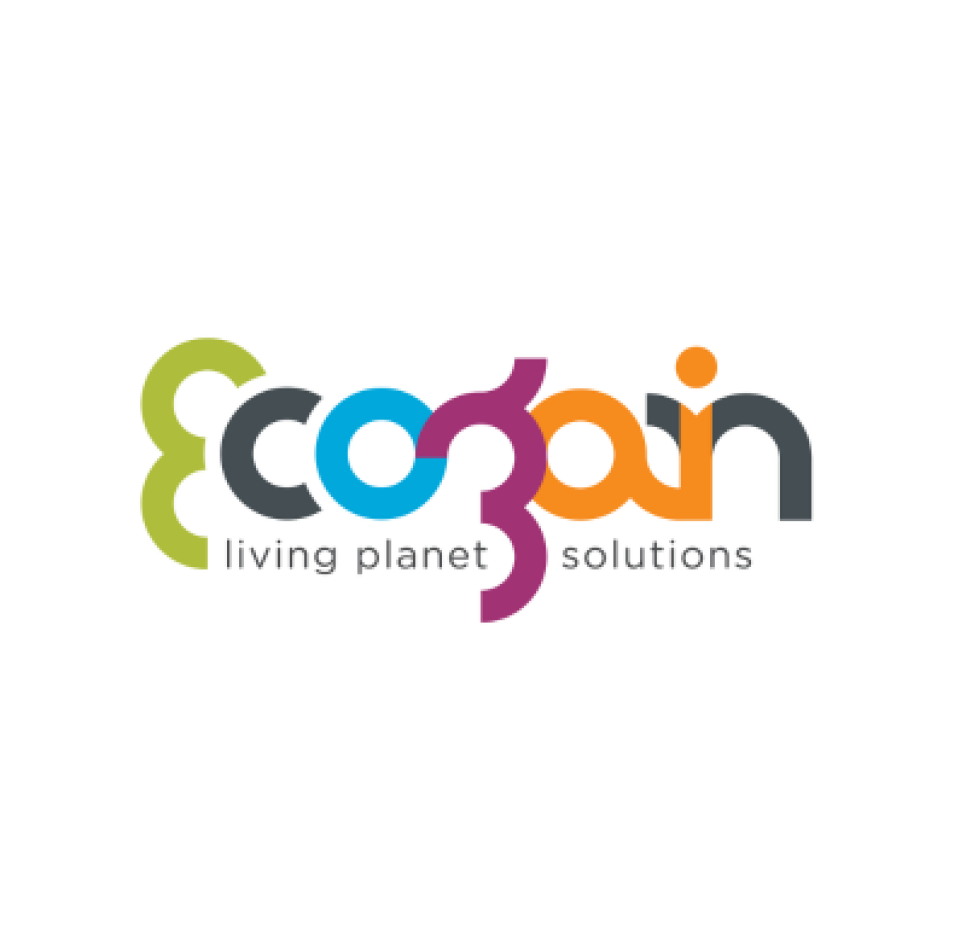
Ecogain
In 2021, the impact and actions of our Group in the context of biodiversity conservation have been assessed by the independent Swedish organization Ecogain. In the Biodiversity Index, which measures how large companies disclose information related to biodiversity, we ranked second in the Baltic region ranking table (12 points).
